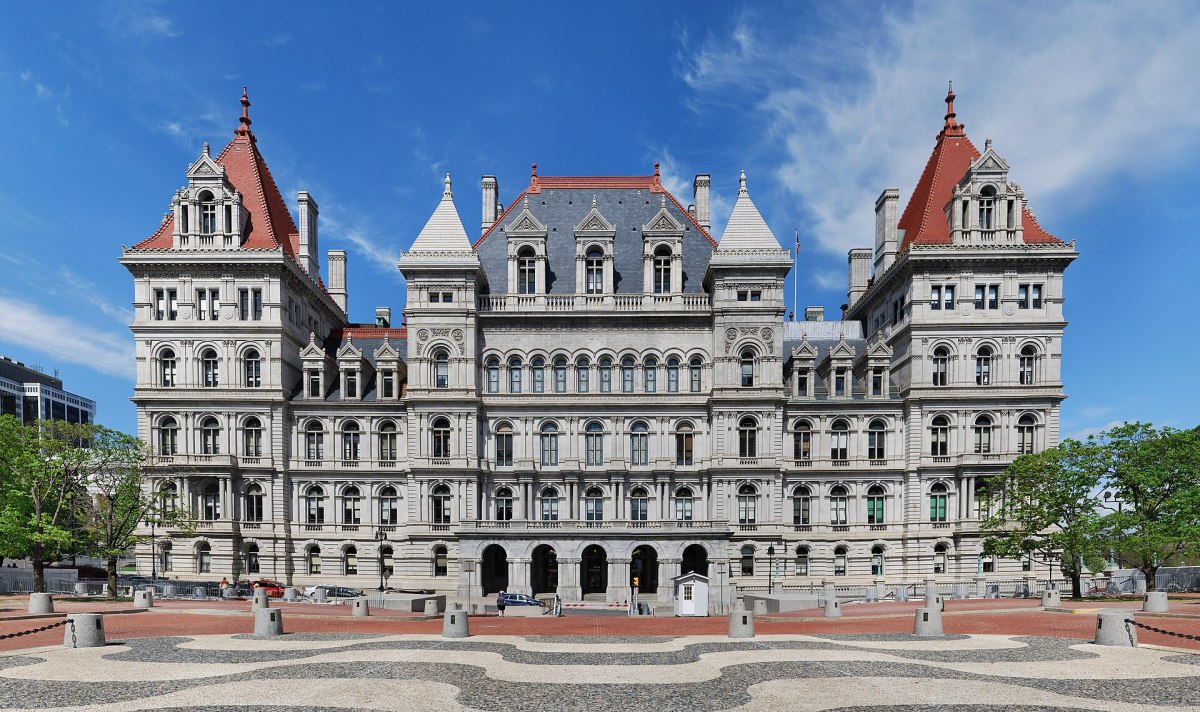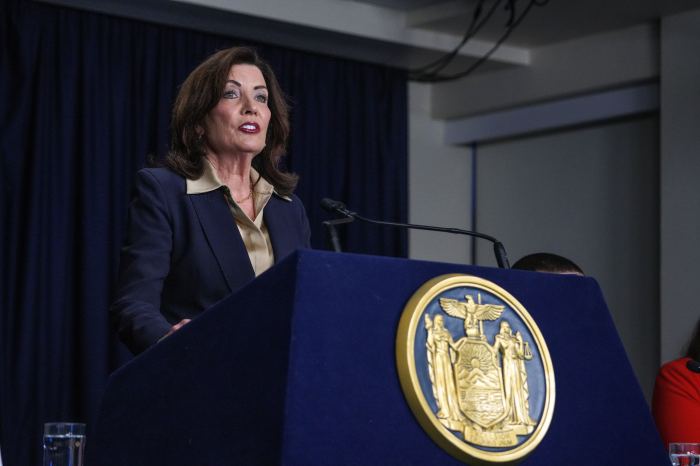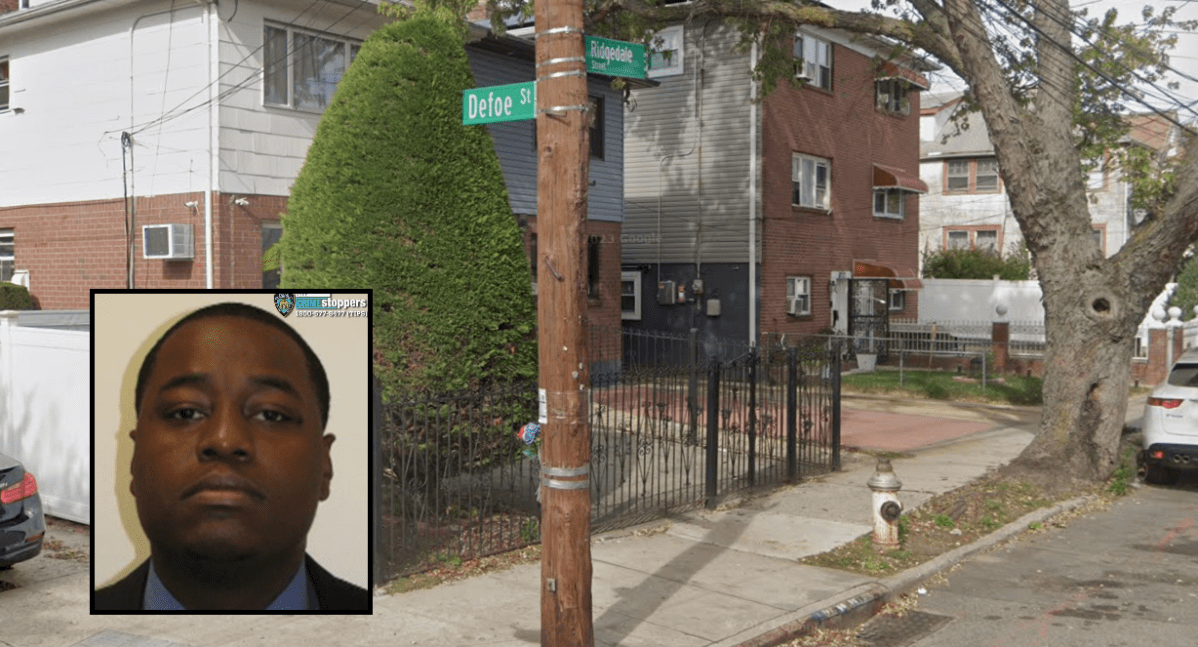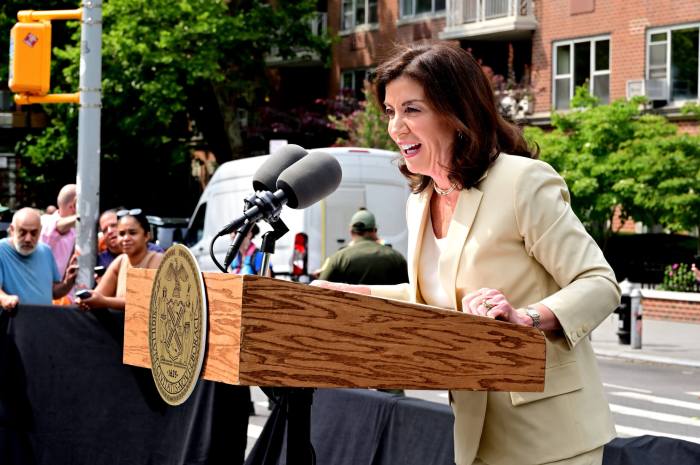Democratic state legislators on Monday voted down newly drawn Congressional maps released by the state’s Independent Redistricting Commission (IRC) earlier this month and will instead draw their own lines they are expected to approve.
The maps were rejected by a 17 to 40 vote in the state Senate, and by a 47 to 99 vote in the Assembly, on Feb. 26.
State Senate Majority Leader Michael Gianaris (D-Queens), when casting his no vote, said the maps violate mandated redistricting guidelines laid out in the state Constitution in a number of areas. Those include the lines dividing several counties, being drawn to protect some incumbents and not protecting communities of interest — including racial and ethnic minorities — in numerous cases.
“I do want to say at the outset that I do appreciate the service of the various commissioners who did their best to come up with a map that they thought was best,” Gianaris said. “Unfortunately, I will be voting in the negative. I think there are numerous problems with the map that was sent to us that run afoul of the constitutional guidelines that exist in our state constitution.”
The maps lawmakers rejected Monday were very similar to the ones that are currently in place, which were drawn by a court-appointed expert — known as a special master — in 2022. Those maps were drawn by the IRC, a 10-member independent panel made up of an equal number of Democratic and Republican appointees, which approved them by a nine to one vote nearly two weeks ago.
Democrats, who control both houses of the state legislature by super majorities, will likely draft maps that are more friendly to their party as it tries to retake several swing districts in this year’s general elections. They could approve the maps as soon as later this week.
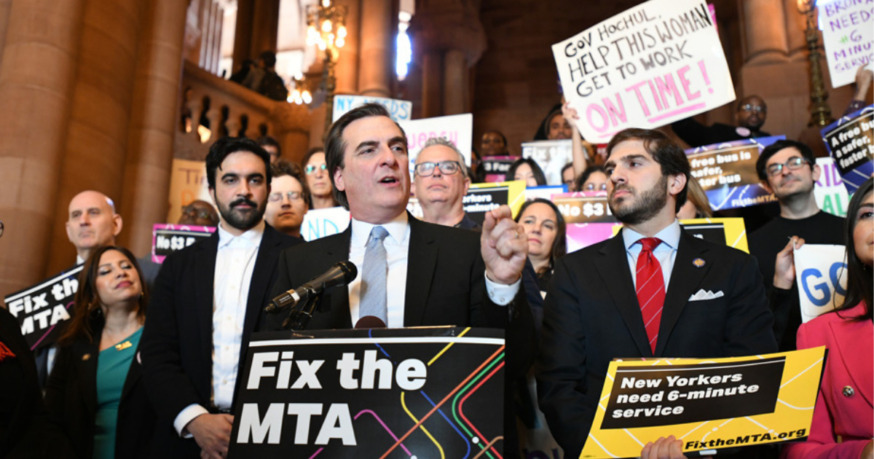
The IRC was ordered to draft new maps after the state’s highest court late last year ruled that the maps drawn by the special master were only supposed to be temporary, following a lawsuit by a group of Democratic voters.
The special master was ordered to draw the maps by the same court two years ago after the court ruled that an earlier plan drawn and approved by the Democratic-controlled state legislature was unconstitutional. The legislaure took over the process 2022 after the IRC failed to agree on a second set of maps.
The commission was established via a 2014 constitutional amendment.
On the other hand, Republicans — who greatly benefited from the current maps in the 2022 cycle — voted for the IRC’s plan in both chambers.
Republican state Senator George Borrello, whose upstate district surrounds the city of Buffalo, said that voting against the plan passed by the commission amounts to undermining the will of New Yorkers who voted for its creation.
“We are once again going to undermine this process and say ‘we don’t trust you, the people that brought us here, the people that vote for us, we don’t trust you to do the right thing, we’re going to tell you what your will is,'” he said. “That’s wrong.”
Former Rep. and gubernatorial candidate Lee Zeldin, in a statement, threatened legal action over further changes to the IRC plan.
“Any further attempt to undermine this process and the will of the people of New York will result in another costly and time-consuming court battle,” Zeldin said.



